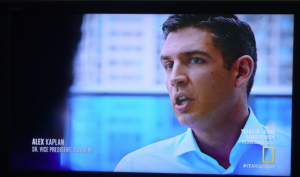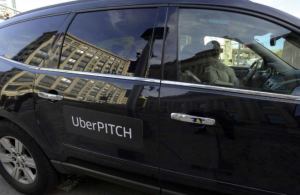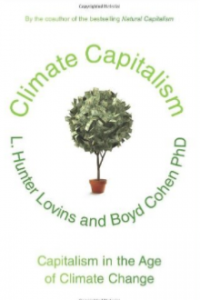Baton Rouge, Louisiana experienced historic flooding in August of this year, with the region receiving between 19 and 31 inches of rainfall. Six weeks later, Congress appropriated $500 million in flood aid for Louisiana. Yet Louisiana’s Governor reported that he expected more than 150,000 households in his state to apply for assistance with more than 80% of them located outside the 100-year-flood plain and lacking flood insurance. The total losses from the flooding, not including the public infrastructure, are estimated to be $8.7 billion. It bears repeating: everyone lives in a flood zone. Over the past five years, floods have occurred in all fifty states. Approximately 20 per cent of flood claims filed are for losses occurring outside defined flood plains. So make sure your business and home are properly insured.



